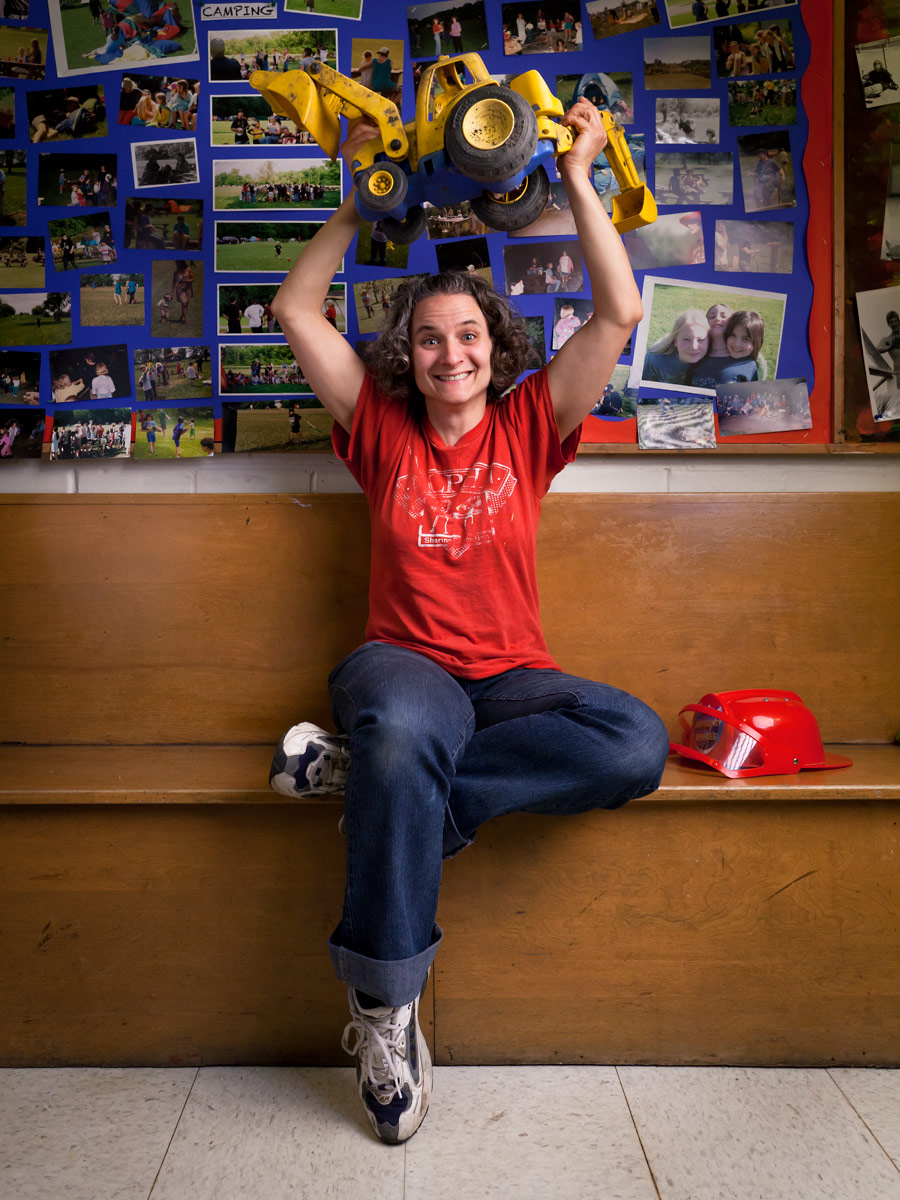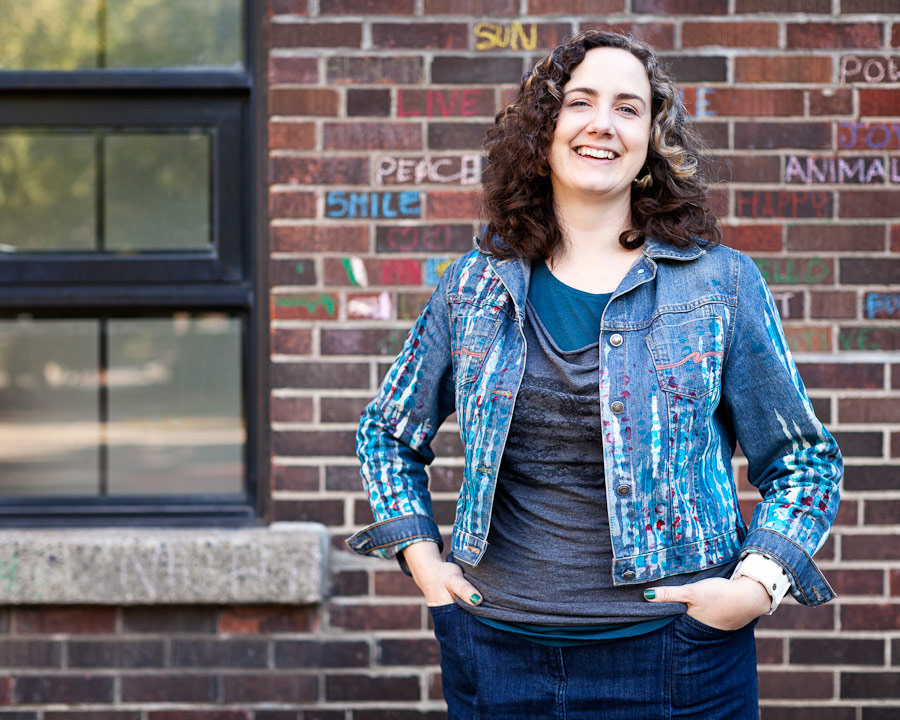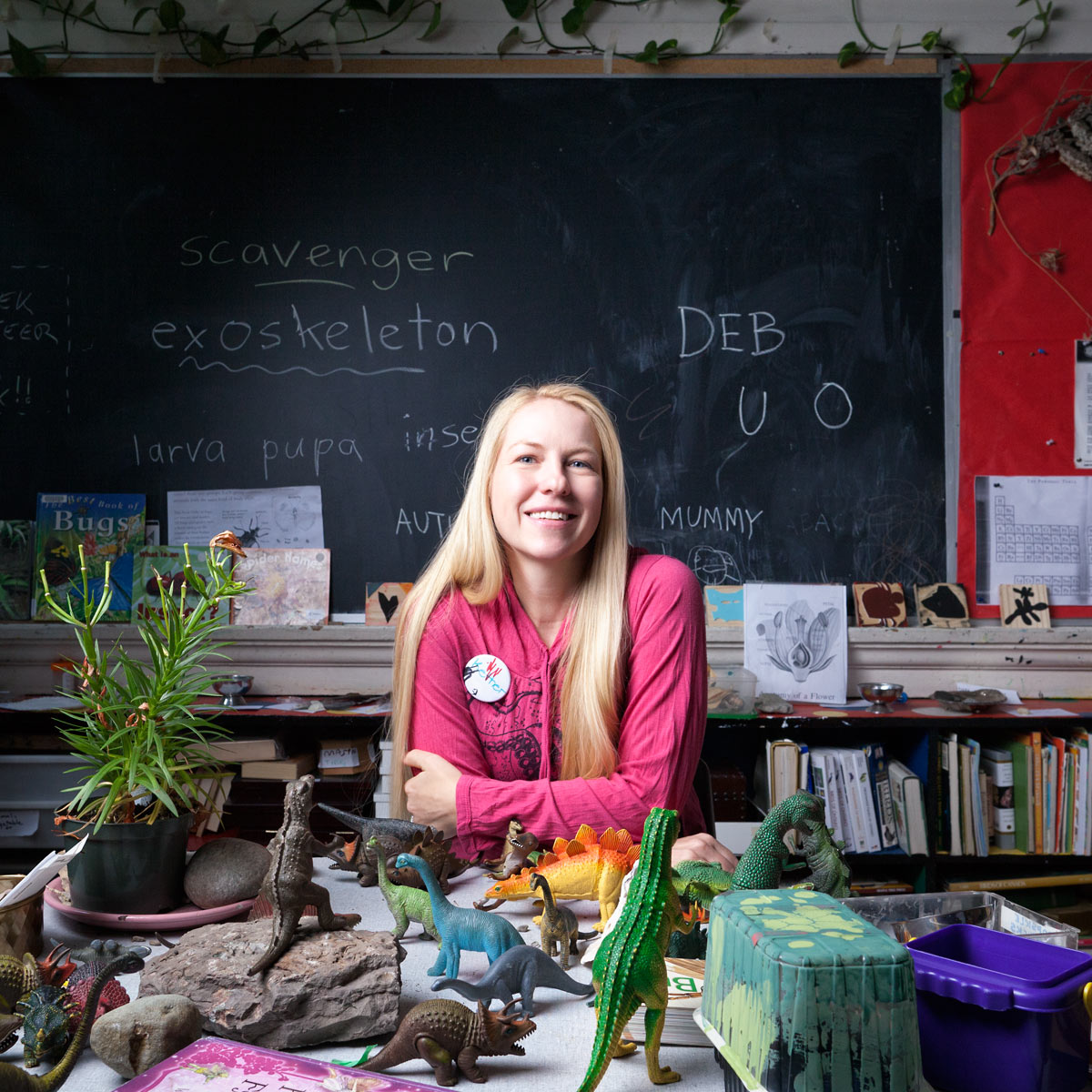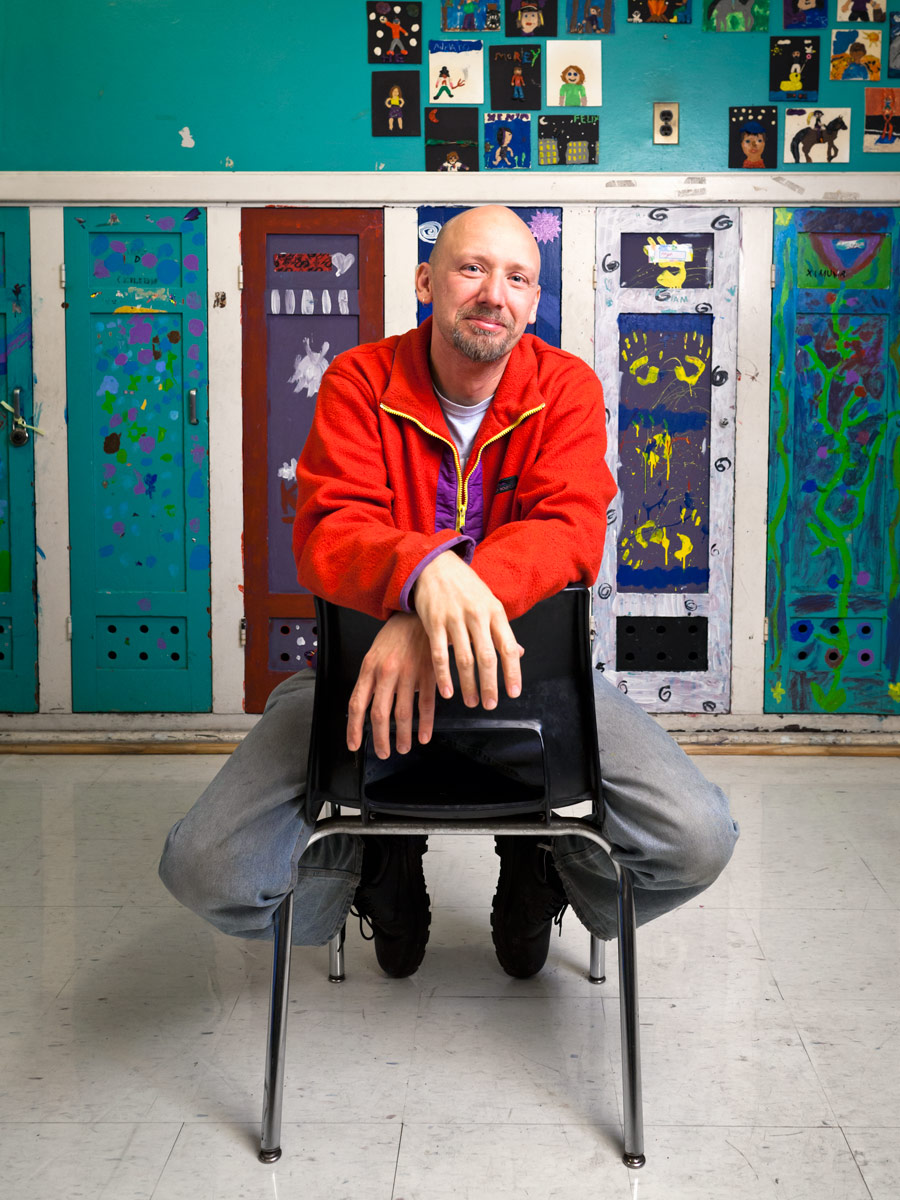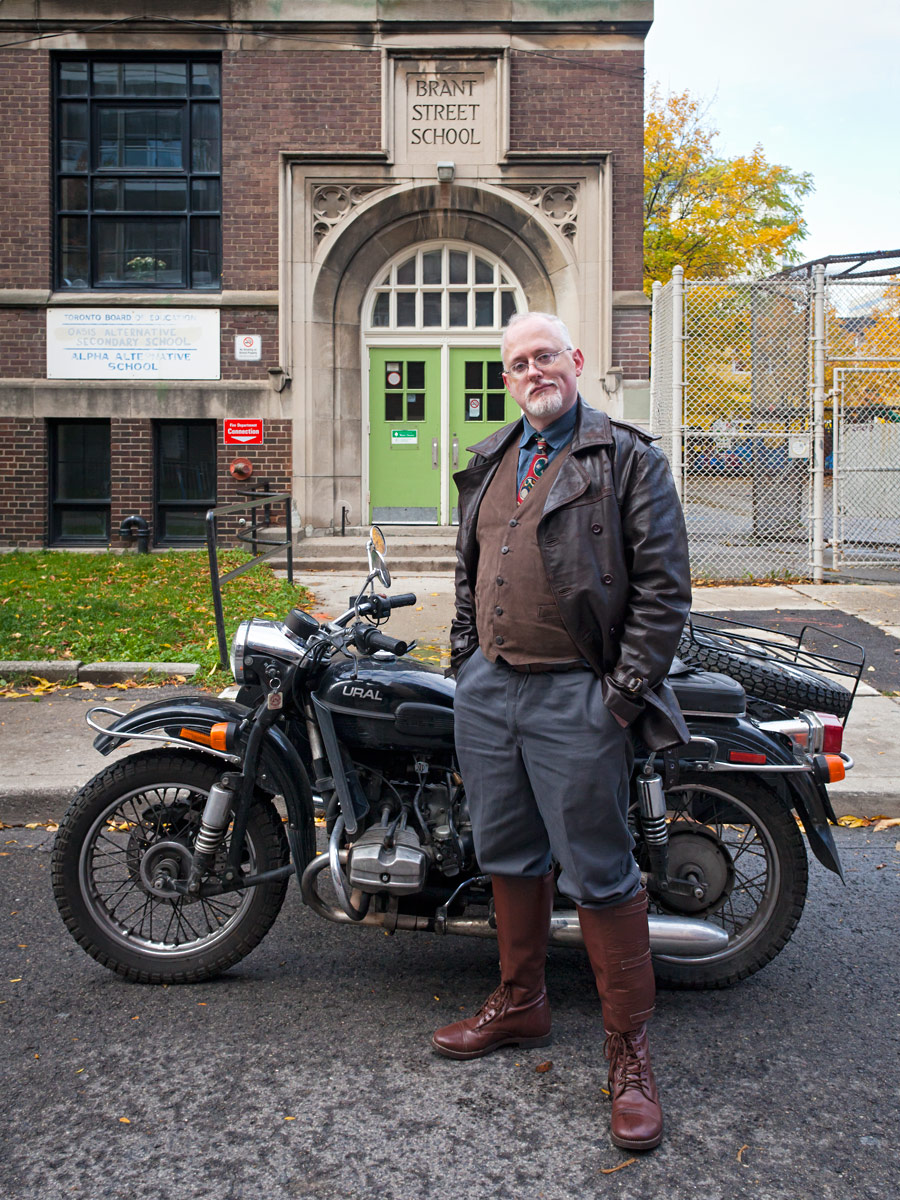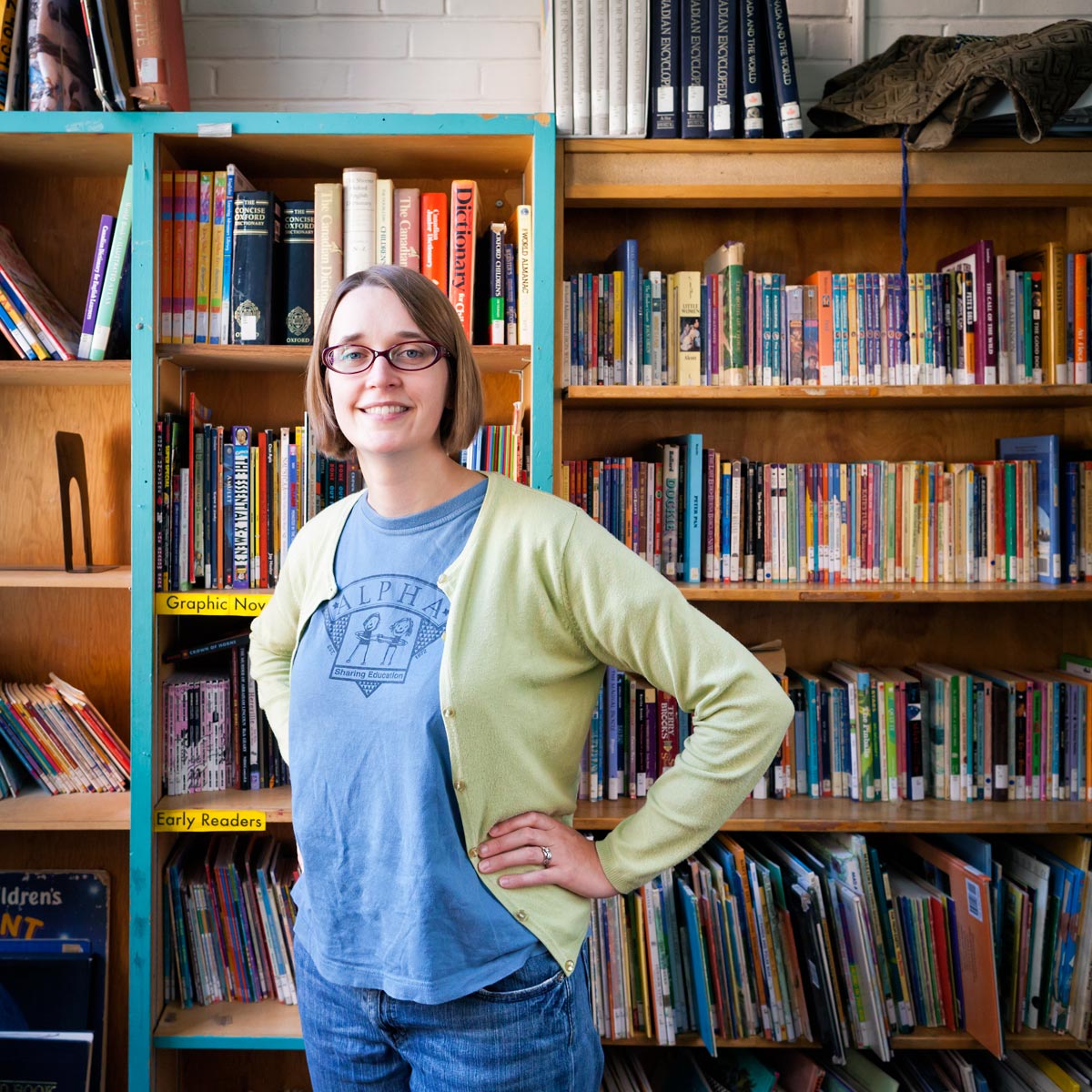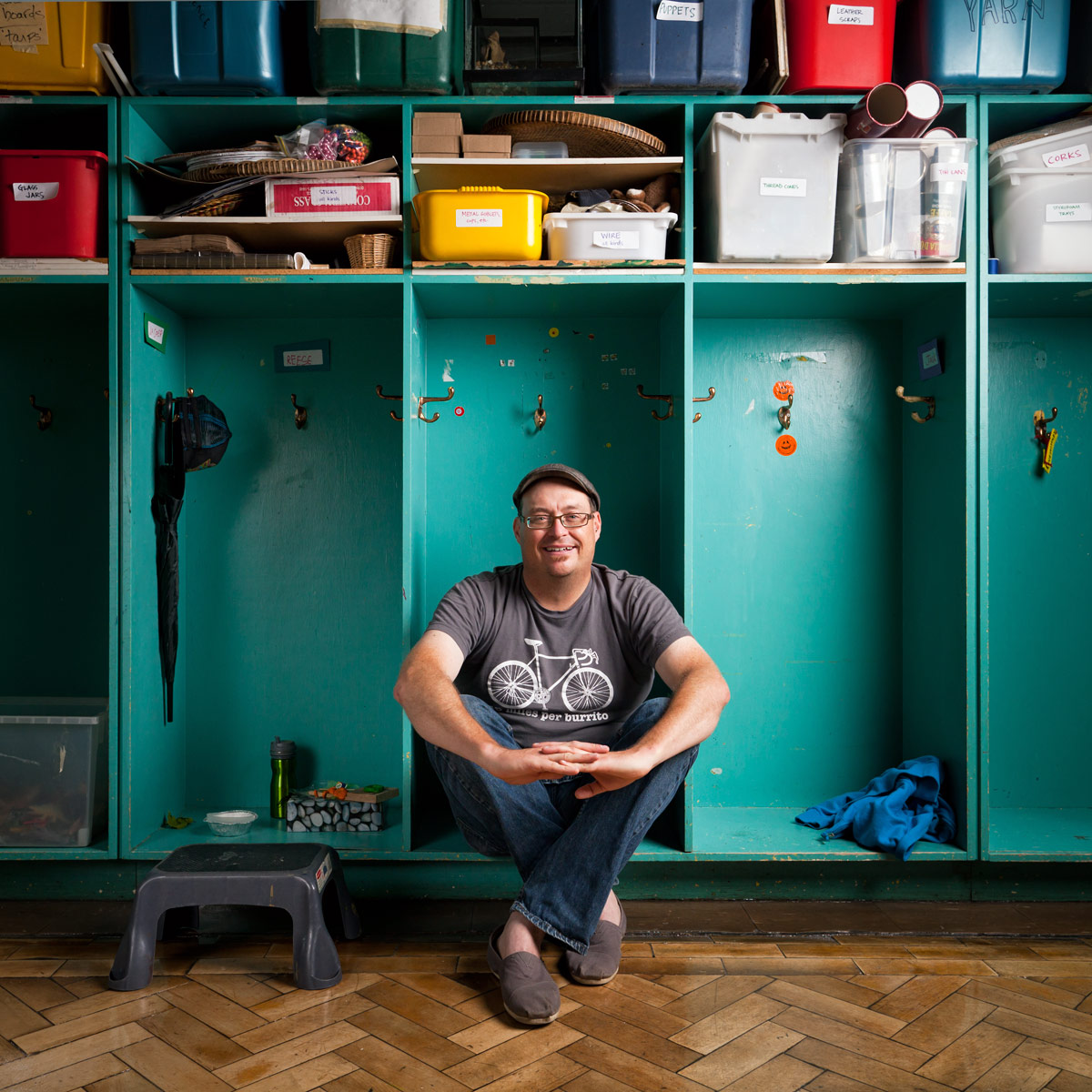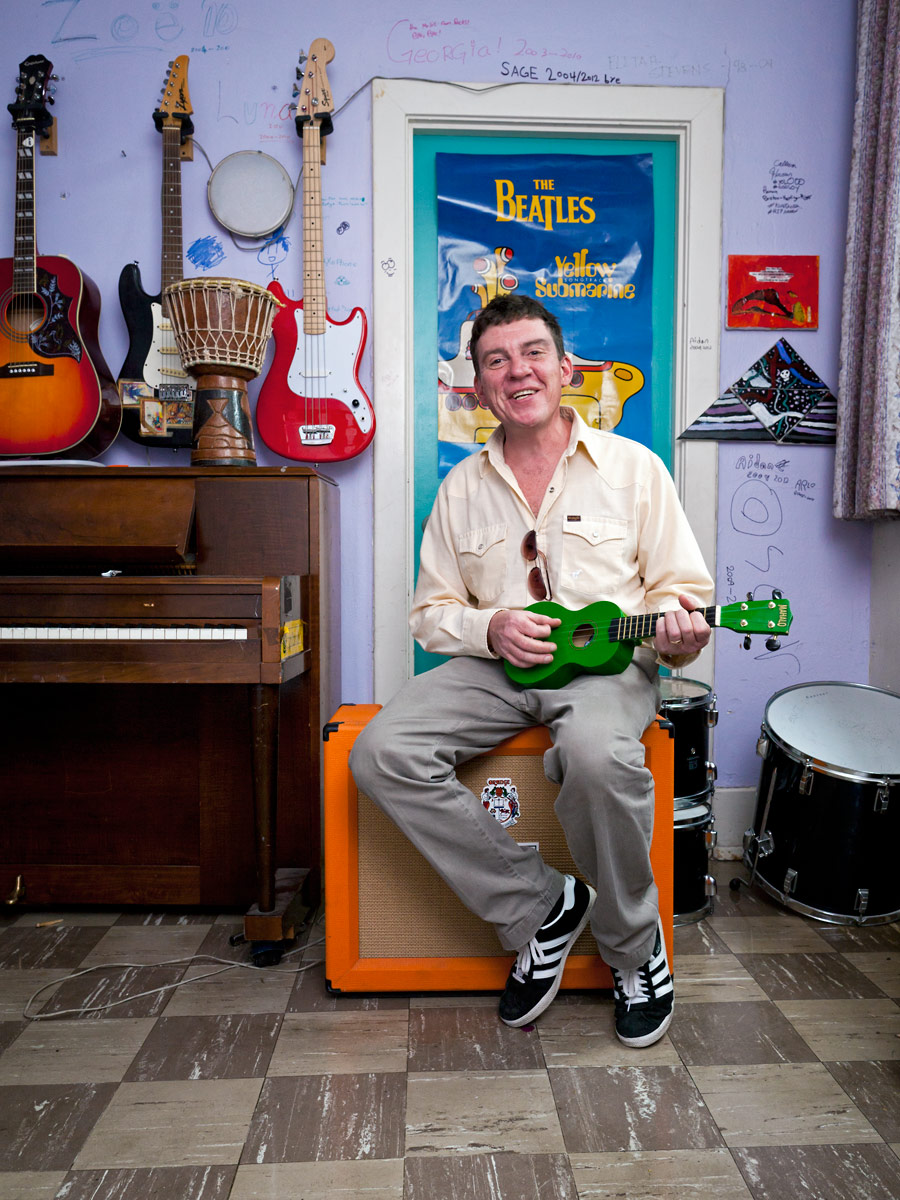“There was a recognition of accountability to your community, not just ‘if I don’t follow this rule, I’m going to be in trouble’ but rather, ‘if I don’t participate the way the community teaches me to participate, then I will be accountable to my community.’ I think that’s really important, and is a big part of how ALPHA operated.”
Alpha Alternative School 1972/2012:
Lucy Falkner
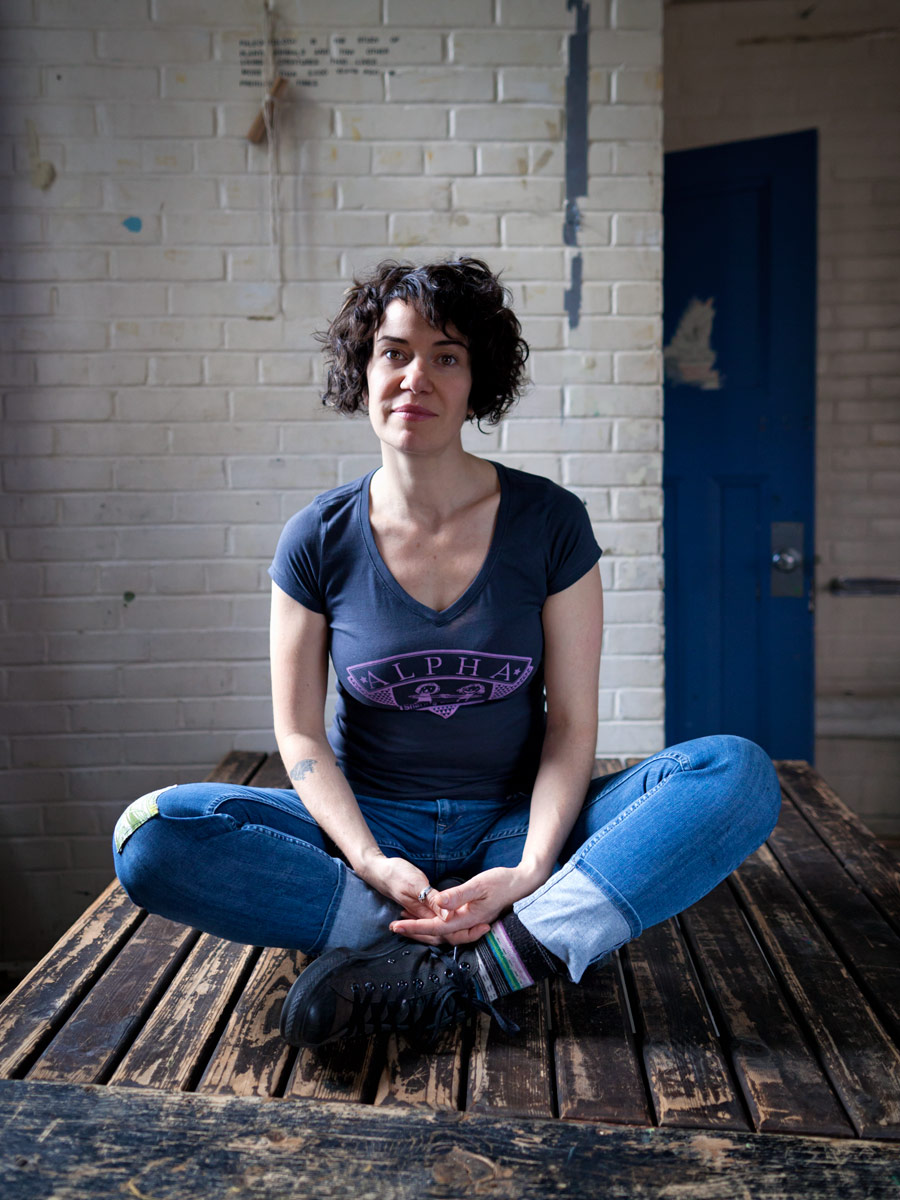
The most important and influential aspects of my experience of Alpha Alternative School were the egalitarian structure and democratic nature of the policies and practices at the school, combined with a home upbringing that gave me a voice and a valid and valued role in my society and environment, and offered me lessons in being responsible and accountable for my impact on those within it. Students of all ages were invited and expected to be compassionate, thinking, engaged members of a community. While I remember consequences (being called out in Committee, being confronted by a teacher or another student about something I’d done), I don’t remember punishment.
There was a recognition of accountability to your community, not just ‘if I don’t follow this rule, I’m going to be in trouble’ but rather, ‘if I don’t participate the way the community teaches me to participate, then I will be accountable to my community.’ I think that’s really important, and is a big part of how ALPHA operated. I think things like Committee meetings helped to create that kind of scenario. We were given a language for community accountability. It’s not a language that is offered or taught in mainstream institutional settings. In the dance community, I and the people that I work with recognize that we’re part of a community that has collective goals, and our individual goals may sometimes require being subverted for the sake of the community goal. I’m really fortunate in that I’ve contributed to creating an environment in which people are really happy to make the community goals a priority.
I was raised primarily by my mum Judy Lynne, who worked at ALPHA, and other women that we lived with in a communal home. Fairly early on she had us making our own lunches, participating in household chores like making dinners and cleaning up. I was responsible for creating some of the good that occurred; it wasn’t just granted to me. One thing that my mum always did when she was upset with me, she would say, ‘I don’t think you’re a bad person, I’m just upset with what you did, I love you and you’re not a bad person.’ That helped me recognize that I’d made a mistake or I’d done something wrong, but I was okay—there was nothing wrong with me. I think that really helped me not to get into an identity where I think some kids can end up being chronically bad, because their identity becomes that they’re a bad kid. So that was a thing that I really appreciated as a kid, even though I as I got older I recognized that it was a tactic. I recognized the value of what she was saying. I was called upon to answer for things.
My mum also really taught me to question authority, including hers. I would argue with her about this or that limitation on my freedom, or this or that requirement of me, and I would question and argue with other adults, and they would engage with me. I wasn’t shut down—I was engaged in discussion. That was also what went on at ALPHA. We all had a voice; it wasn’t just that people over a certain height had a voice. And that kind of thing I think necessarily teaches accountability, because you’re part of the discussion. It’s not like at a mainstream school where things happen that are outside your control, so you don’t have to answer for them when they don’t work. If you’re participating in how things are run and in the decisions that are made, then you have to recognize when those decisions have a result that you don’t want so that you can change what you are doing.
After ALPHA I went to Centennial School in Ottawa, which was a “normal” public school: large, impersonal, rows of desks, class bells, standing in the morning to sing ‘O Canada,’ calling adults by Mrs/Mr/Miss/Ms. Whatever. My first day there, I spoke up a lot. I don’t remember if I asked questions or just kept commenting on things, but at some point my teacher asked, “Good heavens. Were you this talkative at your previous school?” I swiftly got the message and clammed up. I do recall that I was significantly ahead of most other students, to the extent that I was incredulous and impatient when other students would be sounding out words and progressing painfully slowly through the reading. One good aspect of this school was that it was designated for both children with disabilities, and children with no discernable disability. I credit this experience with enhancing my awareness of the needs of people with disabilities and freeing me from the discomfort many people feel around disability. From Ottawa we moved to Vancouver, where I also went to a mainstream school. I had a couple of run-ins with my grade 5 teacher (a man), whom I confronted for being sexist, racist, and/or unfair or inappropriate to other students. I believe he came to grant me a grudging and bemused respect.
I attended two Vancouver alternative secondary schools in the public system: Ideal Mini School and Total Education. Ideal was the most like what I remembered of the community of ALPHA. It was politically active and community-driven. We had weekly full-school meetings at which we would discuss coming events, policy, kitchen cleaning problems, grounds use, and various school projects. We had a school banner, which we would take on the annual peace march. The school had no bells and no one expected to be called by their last name. Total Education was less of a community, but teachers expected students to be responsible, accountable, and compassionate.
After high school, I studied dance. I own, operate, and teach for a dance company that is devoted to and inspired by vintage jazz music and dance: swing-era solo and partner dance, such as Charleston and Lindy Hop. I am a community leader and organizer, and I make fun things happen for happy people who appreciate what I do and who love to help out and contribute.
– Lucy Faulkner
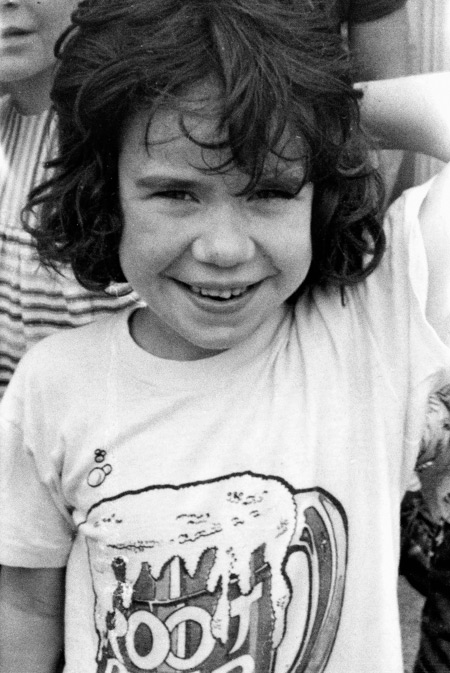
Lucy Falkner
ALPHA 1975 to 1978, ages 4–7. Studied dance. Owns and operates a Vancouver dance company, Rhythm City Productions. Teaches dance.
Colour photo by Michael Barker
Black and white photo by F. Robert Openshaw
Text and Interview by Ariel Fielding

